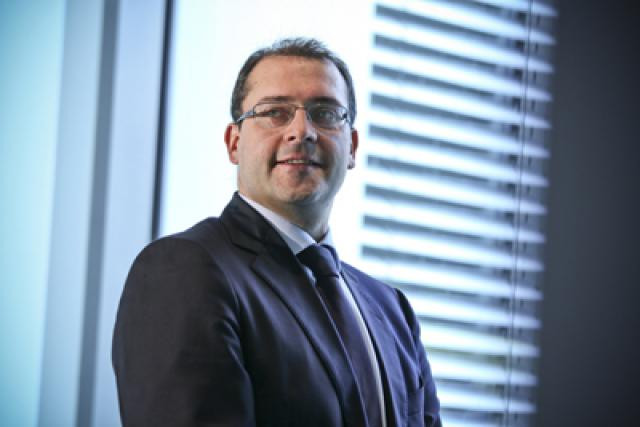In the opinion of Dr. Paul Beaulieu (professor of management sciences at the University of Quebec and visiting expert at the Luxembourg School of Finance) and Adriano Picinati de Torcello (Senior Manager ERS-Investment Management at Deloitte Luxembourg), a growing global trend for art as a new asset class could serve as the catalyst to establish Luxembourg as a centre for a new service niche. At Deloitte’s Art & Finance Conference, they presented a strategic discussion paper examining the challenges and implications of such a development.
“In a climate of competition between financial centres for a central position within this new service niche, it seems clear that, given the financial activity and expertise already existing in Luxembourg, these new financial services would offer an interesting opportunity for growth,” the authors say.
There now exist some 50 art investment funds located around the world, among them two with Luxembourg connections. Olivier Maman manages Société Générale Asset Management Alternative Investments’ Art Fund from Paris, while brothers Micky and Serge Tiroche, the former a London gallery owner, the latter a former Citibank manager, are behind ArtPlus.
Adriano Picinati de Torcello believes Luxembourg already has a number of strengths that would help position it as an art financial cluster, among them its proven expertise in wealth management, an attractive and flexible approach to taxation and its geographical location right in the heart of the biggest art market in the world. He also points out that the new sector could even be expanded to include other so-called “passion investments”, such as the Nobles Crus wine fund established by Luxembourg’s Elite Advisors SA.
Picinati de Torcello has also identified several strategic issues that would need to be addressed before Luxembourg could establish itself as a leader in this new niche market. A reform of customs and tax legislation to suit the demands of the art market, the development of storage facilities combining Freeport benefits and specialised handling services, as well as an efficient sales and purchase network of auction houses, dealers and galleries would all
Secretary of State for Culture, Octavie Modert, gave her approval for the conference initiative. She argued that art should not just be an expense, but also a generator of employment, income and could bring added value to Luxembourg. This will encourage Deloitte as it seeks the sponsorship of the government before setting up a steering committee with representatives of key stakeholders. The steering committee will examine the objectives and methodology of an eight-month study phase, which, when completed, will see the roll-out of a development proposal by October 2009.
Picinati de Torcello believes the benefits would be far-reaching. Not only would the development of the country as an art cluster provide more diversification, it would also boost the country’s image as a tourist destination and attract more High Net Worth Individuals to Luxembourg. “Luxembourg has a unique opportunity to develop new financial activities for art and collectible investments matching perfectly with its current business model,” he concludes.
Thierry Hoeltgen, Partner, Business Consulting at Deloitte, admitted that the plans are ambitious. “But should Luxembourg succeed in creating this global centre of expertise, an additional high value activity would strengthen the country’s competitive position.”
